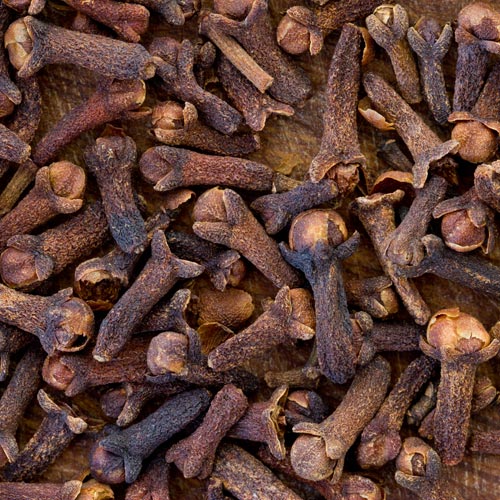“The clove buds are comminuted prior to distillation. During the water distillation of clove buds, certain materials are formed in the essential oil which do not exist in the clove bud in natura, e.g. Caryophyllene and possibly other sesquiterpenes. The same happens during steam distillation, but not during a low-temperature hydrocarbon-extraction of the buds. If the cloves are steam distilled, hydrolysis takes place, and most of the natural acetyl eugenol (aceteugenol) is converted to eugenol. Since this hydrolysis takes place only to a minor degree during water distillation, the latter method is accordingly preferred. Water distilled clove bud oil has a very high content of “total eugenol” (usually over 92%), but a substantial part of this is aceteugenol (10 to 15%) which is partly responsible for the characteristic odor of clove bud oil.”
Arctander, Steffen . Perfume and Flavor Materials of Natural Origin (p. 212).

